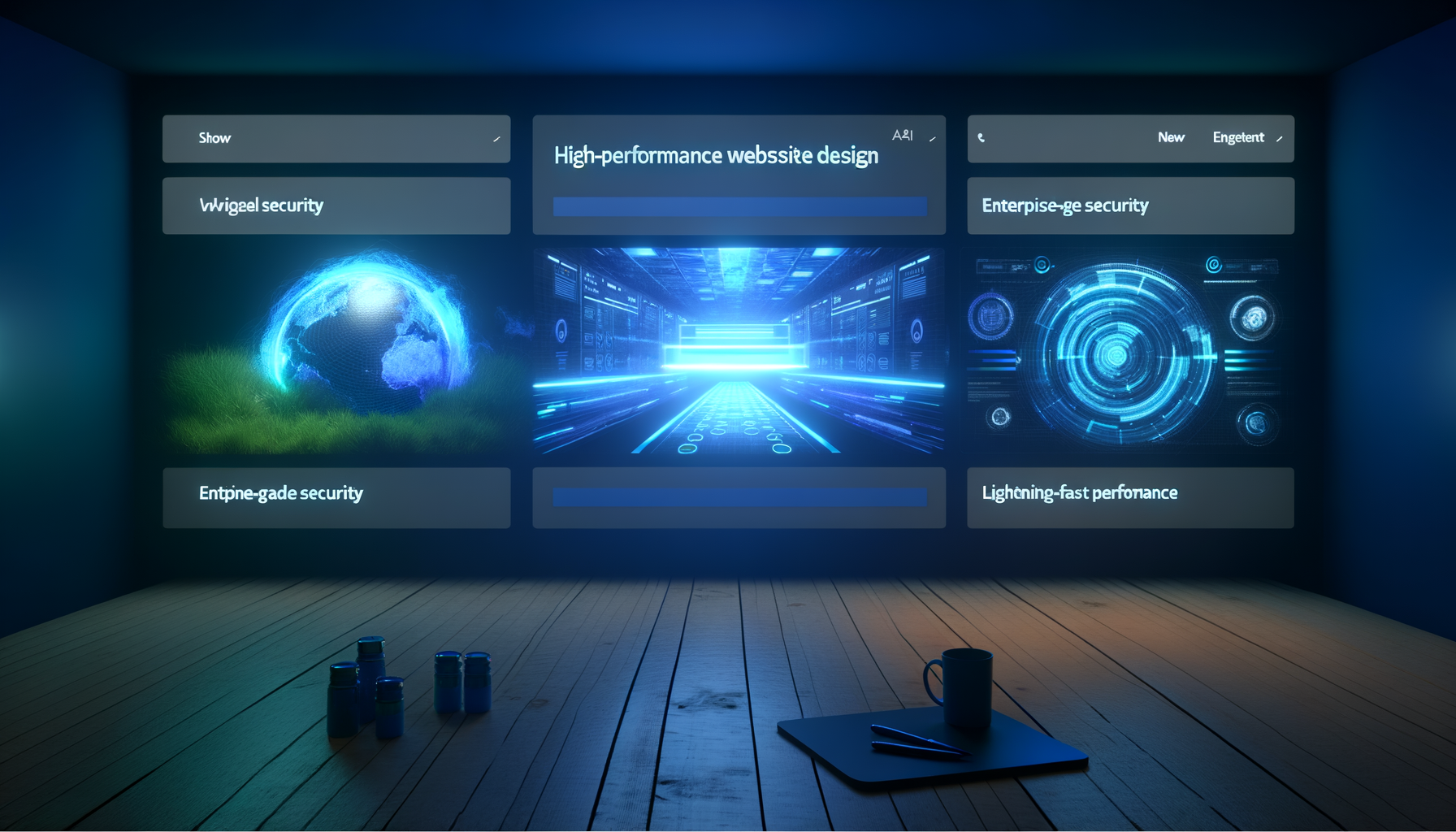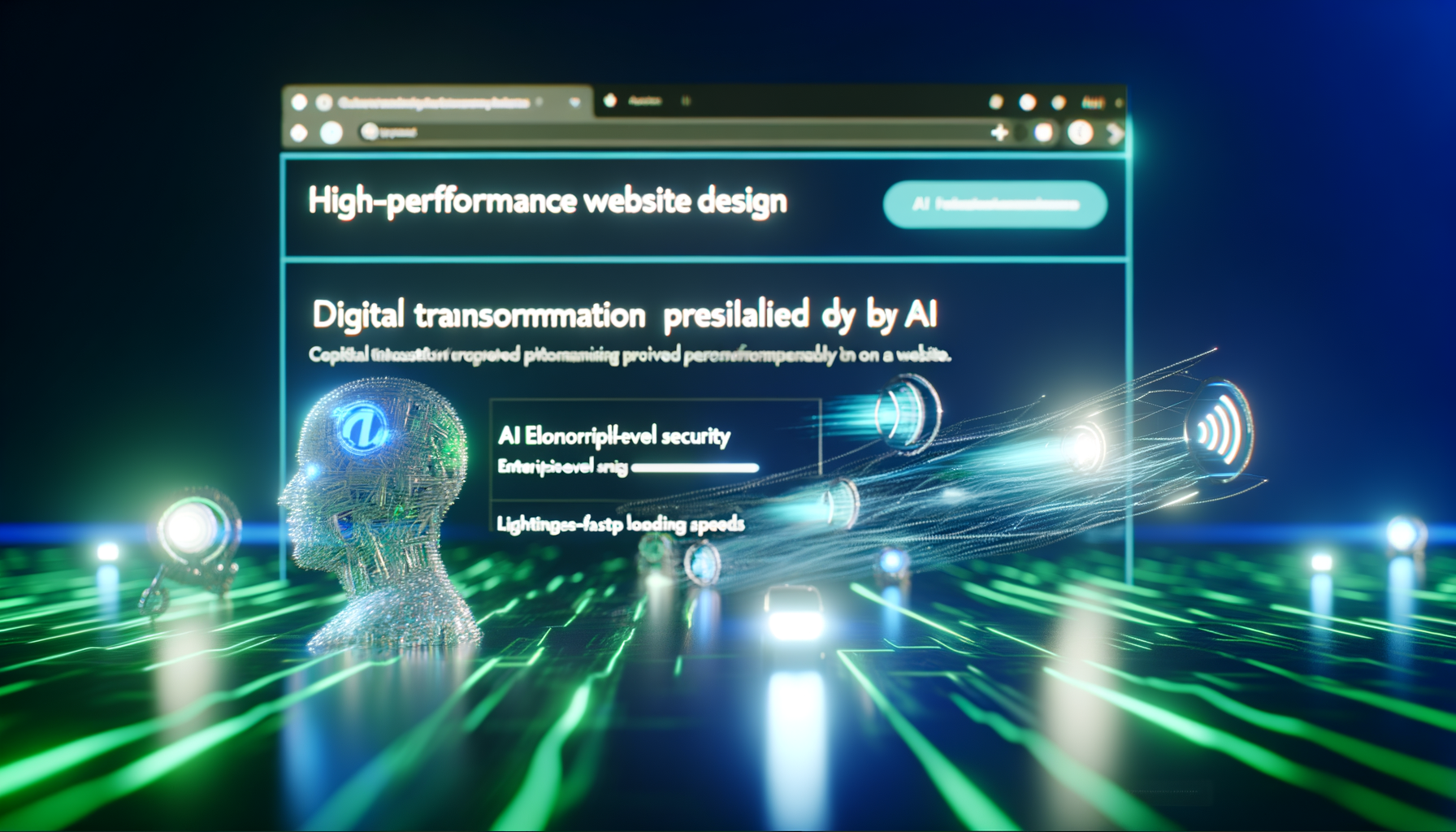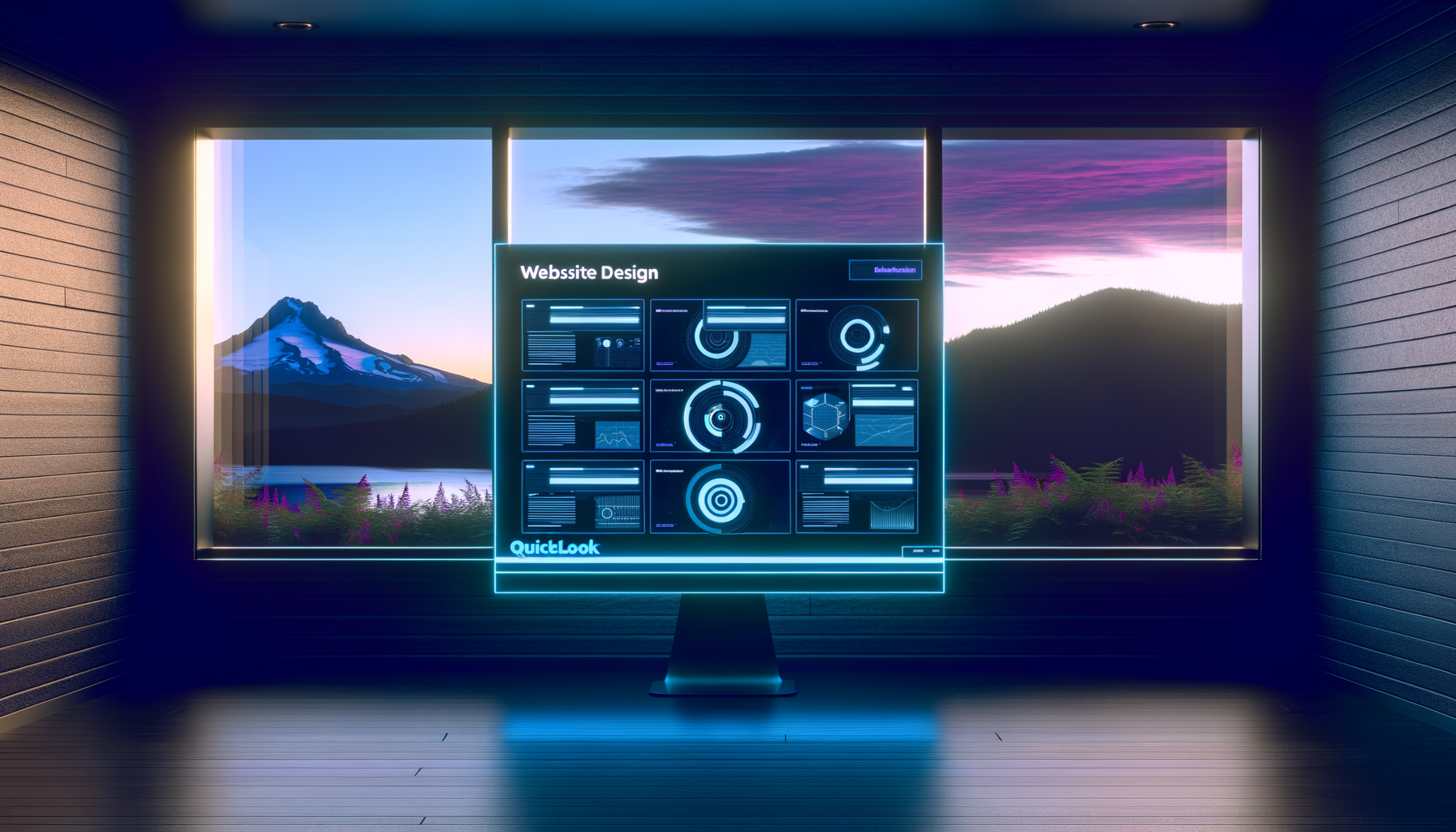In 2025, milliseconds make millions. With every second of load time costing a 7% decrease in conversions, optimizing your website for speed isn't just desirable—it's essential. From AI-driven personalization to immersive 3D elements, the future of high-performance website design offers transformative opportunities for enterprises ready to lead. This blog dives into the core elements of modern design, offering insights on how to achieve sub-second load times, leverage a headless CMS, and integrate AR to outperform competitors.
The Evolution of Website Design

Timeline showing the evolution of website design from static to dynamic.
Website design has evolved from static HTML pages to dynamic, interactive experiences. The shift towards speed and personalization is driven by user expectations and competitive pressures. As of 2023, 90% of users expect a website to load in 3 seconds or less, according to Google's web vitals report.
High-performance design now incorporates responsive layouts, optimized media, and code-minification techniques. These strategies ensure your site is accessible, fast, and visually appealing across all devices.
Embracing frameworks like progressive web apps (PWAs) can enhance performance by offering app-like experiences directly in the browser. This approach not only improves speed but also boosts engagement and retention.
LIST
- •Static to Dynamic
- •Speed and Personalization
- •Framework Integration
Key Elements of High-Performance Design
Achieving Sub-Second Load Times

Diagram showing components of high-performance design: CDN, headless CMS, security layers.
A high-performance website is a sum of its parts, each contributing to the overall user experience. Key elements include sub-second load times, achieved through efficient coding, content delivery networks (CDNs), and optimized images.
Implementing a headless CMS allows for greater flexibility and speed, decoupling the front-end presentation layer from the back-end content management. This architecture supports faster, more scalable website operations.
Security remains paramount. Incorporating enterprise-grade security measures such as HTTPS, regular updates, and security audits is essential to protect user data and maintain trust.
CALLOUT
Sub-second load: Boosts conversion by 7% Headless CMS: Flexibility and speed Security: Trust and protection
AI-Driven Personalization

Graphic showing AI algorithms personalizing user journey on a website.
AI-driven personalization is transforming user engagement by delivering tailored experiences based on user behavior and preferences. According to a 2023 McKinsey report, personalized content can drive a 20% increase in sales.
By integrating AI, websites can dynamically adjust content, recommendations, and even layout to align with user interests. This not only enhances user satisfaction but also increases conversion rates.
Tools like machine learning algorithms analyze user data in real-time, enabling precision targeting and optimizing every visitor's journey on your site.
QUOTE
AI personalization: 'Driving sales growth by 20%' - McKinsey 2023
Immersive 3D and AR Elements

Illustration of a user interacting with 3D and AR elements on a website.
Immersive 3D and augmented reality (AR) elements are at the forefront of website design, offering unique ways to engage users. These technologies transform static pages into interactive experiences, enhancing user retention.
Incorporating 3D models and AR can be particularly impactful for sectors like e-commerce, real estate, and education. For example, customers can visualize products in their environment before purchasing, reducing return rates and increasing satisfaction.
WebGL and ARKit are examples of frameworks that support these immersive features, providing the necessary tools for developers to bring 3D and AR experiences to life.
LIST
- •3D Models in E-commerce
- •AR in Real Estate
- •Interactive Education
Future-Proofing Your Website

Graph illustrating the trend of voice search growth over the next few years.
As technology evolves, so too must your website. Future-proofing involves adopting scalable frameworks and technologies that can adapt to changes in the digital landscape.
Voice search optimization and AI content generation are among the emerging trends shaping website design. Voice interfaces are becoming prevalent, with 50% of searches projected to be voice-based by 2025, according to Gartner.
By staying ahead of these trends, businesses can ensure their websites remain relevant, accessible, and competitive, providing a seamless experience for all users.
CALLOUT
Scalable frameworks Voice search optimization AI content generation
Frequently Asked Questions
QWhat are the key elements of high-performance website design in 2025?
QHow does AI-driven personalization enhance modern website design?
QWhat role do immersive 3D elements play in user engagement for websites?
Conclusion
High-performance website design is essential for staying competitive, incorporating speed, personalization, and cutting-edge technology.
Future Vision
Embrace these strategies to ensure your website is not just current, but future-ready.
Schedule your AI audit with Quicklook.
